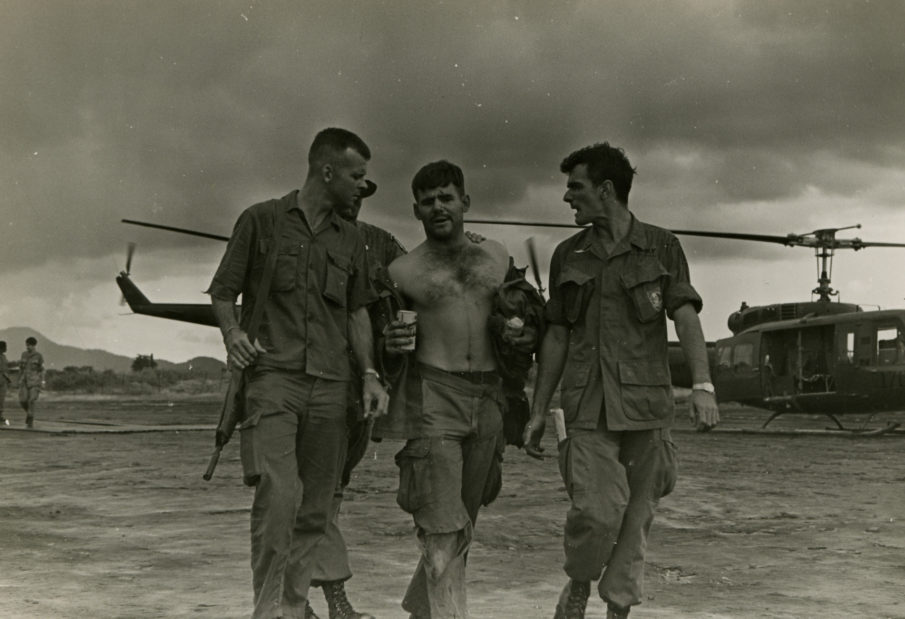Secrets, denial, and, decades later, a Medal of Honor for a Vietnam medic
AI Overview
Summary is AI-generated, newsroom-reviewed.
HUNTSVILLE, Ala. — Unofficially, in the jungles of Laos in 1970, hundreds of North Vietnamese troops closed in on a small team of United States Army commandos. Unofficially, as men were shot down, a medic sprinted through a hail of bullets to help, hefting a man over his shoulder as he fired back wi
Read the full article for more on:
- Important insights and detailed analysis
- Expert commentary on current events
- Breaking developments and updates

HUNTSVILLE, Ala. — Unofficially, in the jungles of Laos in 1970, hundreds of North Vietnamese troops closed in on a small team of United States Army commandos. Unofficially, as men were shot down, a medic sprinted through a hail of bullets to help, hefting a man over his shoulder as he fired back with one […]

What readers are saying
Generating a quick summary of the conversation...
This summary is AI-generated. AI can make mistakes and this summary is not a replacement for reading the comments.









COMMENTS